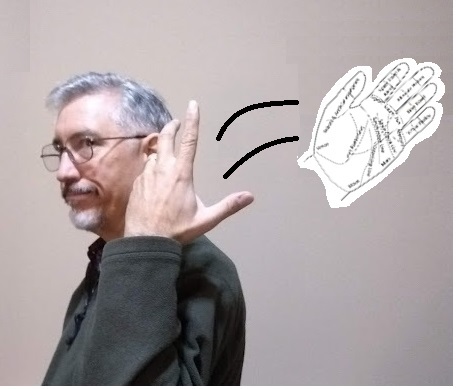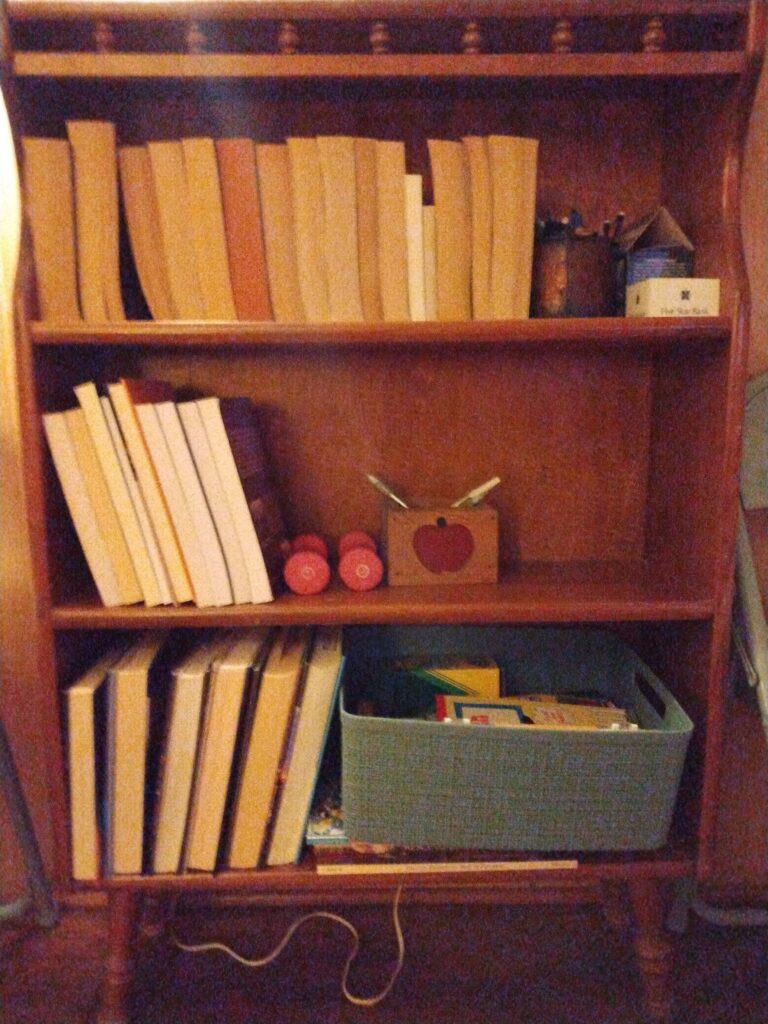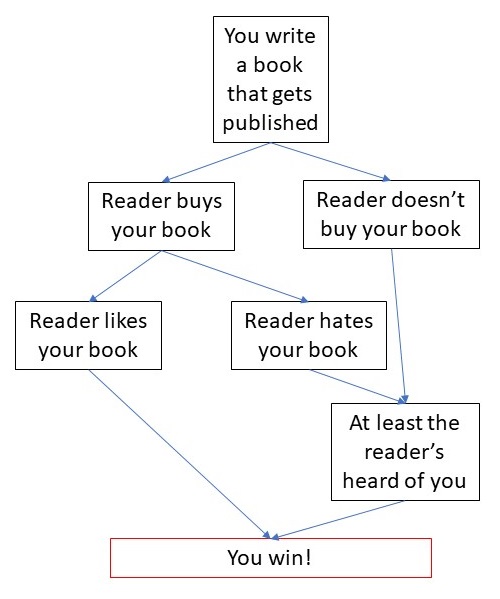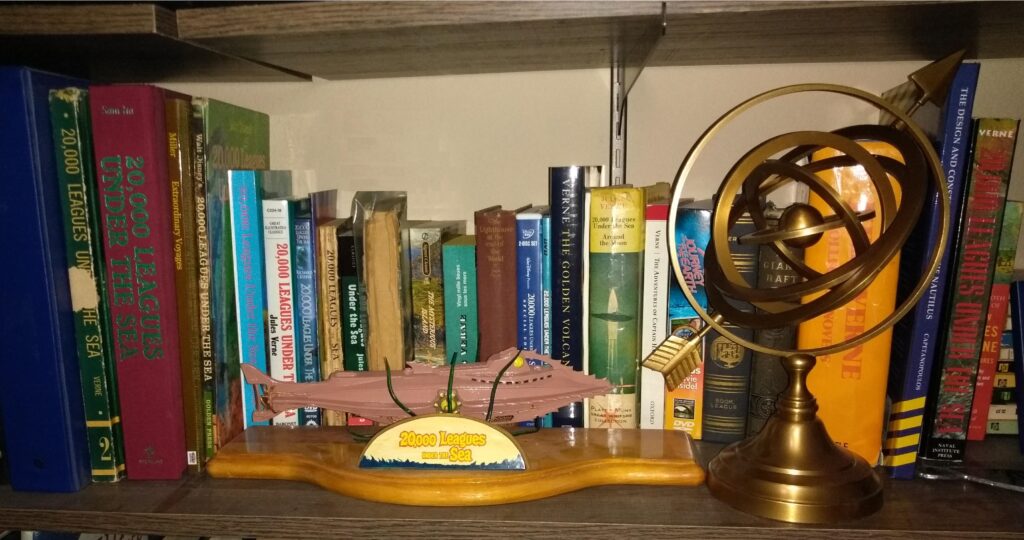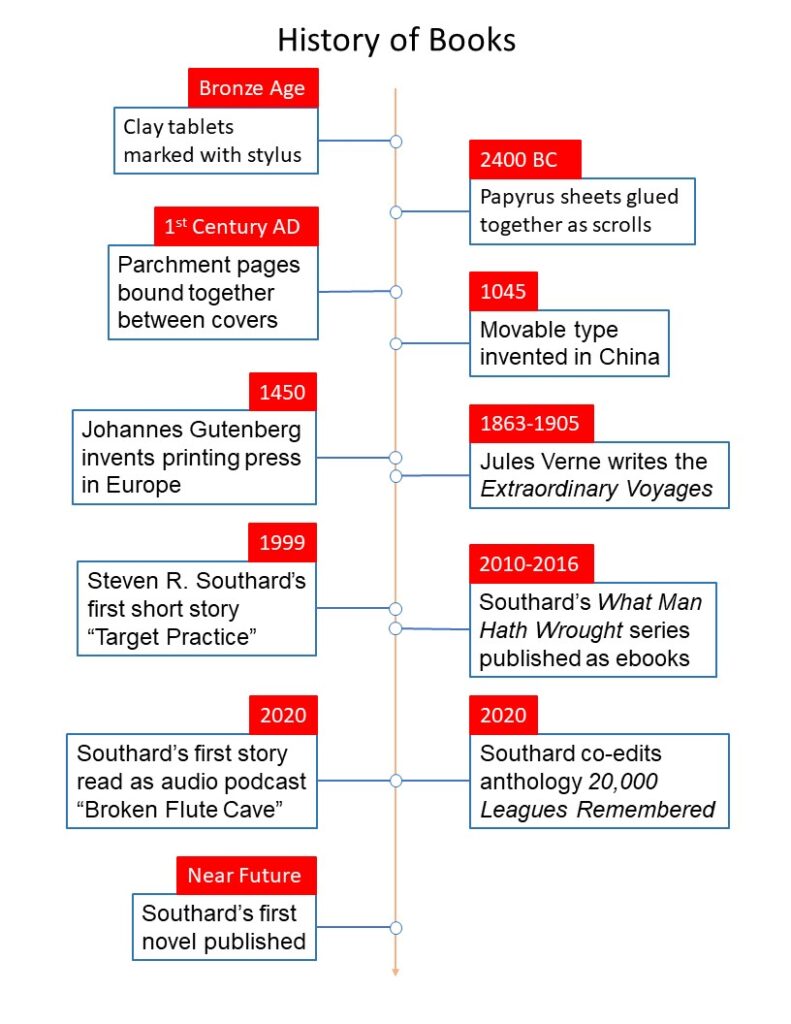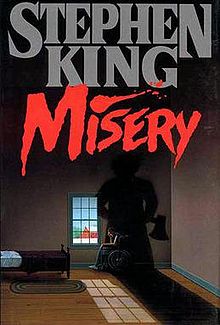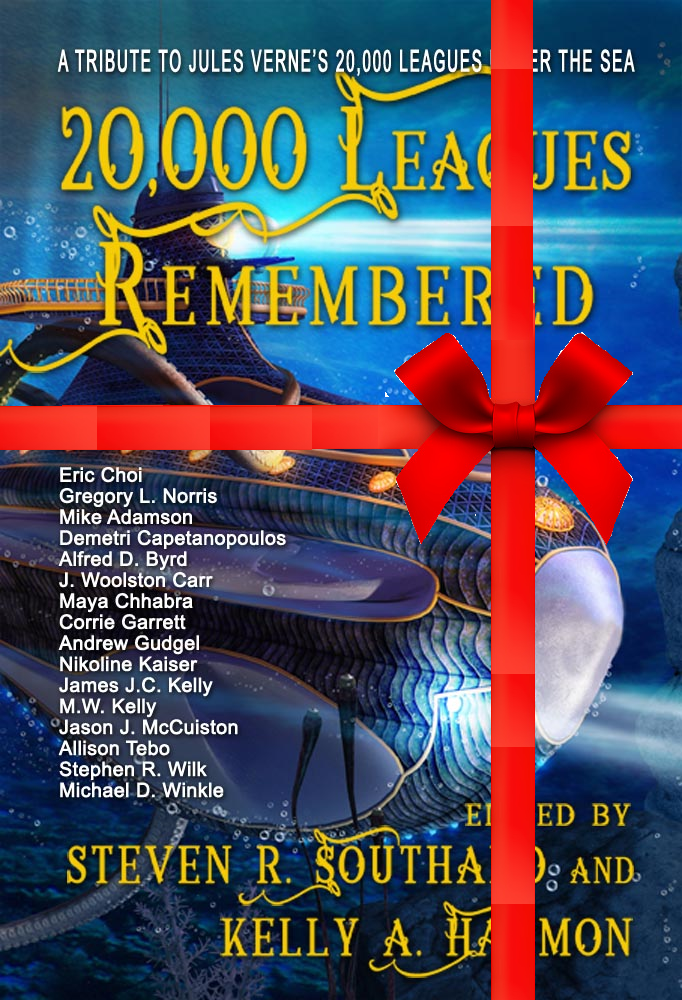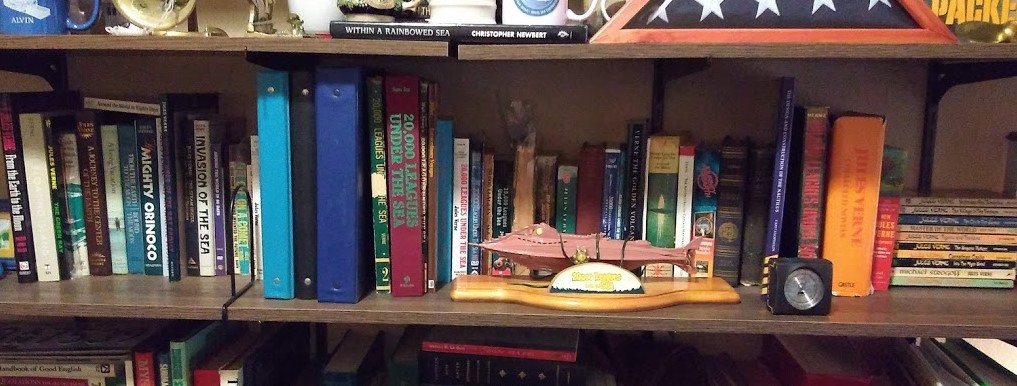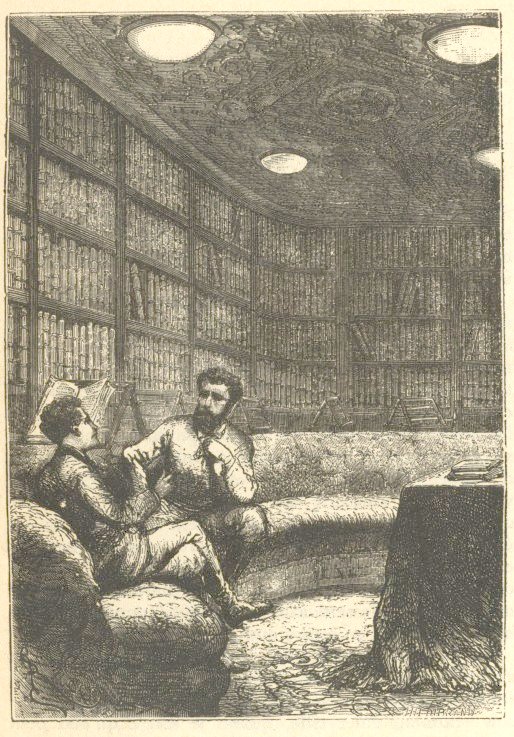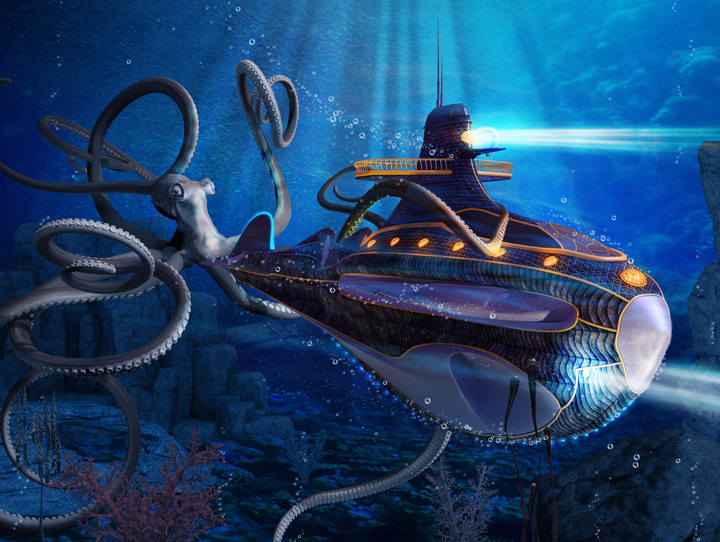We’ve arrived at that time of year again, when I judge how well I did at this time last year in foretelling the attributes of science fiction books in 2023.
In past years, I’ve tried various techniques, but this time I used a sure-fire method—palm reading. Let’s see how well I did:
- Prediction: Artificial Intelligence. A continuing trend, yes, but in 2023, we’ll see a twist. Authors will get past the Frankenstein reruns and the cute-robot-is-nobler-than-humans plot. Novels will show us more sophisticated AI, computers with a different order of intelligence, one alien to us.
- Assessment: Did pretty well on this one, but anyone could have made that prediction. In Jungle House by Julianne Pachico, the AI serves as a mother to a human protagonist. The Deep Sky by Yume Kitasei features an unreliable AI.
- Prediction: Classics redone in LGBTQ. Authors will explore the contours of the LGBTQ realm by rewriting classic tales, but repopulating them with LGBTQ characters.
- Assessment: I’ll call this a fairy accurate prediction, too. The Mimicking of Known Successes by Malka Older is a retelling of Sherlock Holmes mysteries with lesbians in the role of Holmes and Watson.
- Prediction: Climate Fiction. CliFi hasn’t run its course yet. Readers want it, and authors will supply it.
- Assessment: Goal! Hit this one on the nose. Here are some examples of CliFi in 2023: The Lost Cause by Cory Doctorow, Land of Milk and Honey by C Pam Zhang, The Great Transition by Nick Fuller Googins, Yours for the Taking by Gabrielle Korn, and Venomous Lumpsucker by Ned Beauman.
- Prediction: Mars. The Red Planet is in again. We’ll see books featuring the fourth rock from the sun.
- Assessment: Bingo, another spot-on prediction as evidenced by The Strange by Nathan Ballingrud and Playground Mars by Logan Russell.
- Prediction: Private Space Flight. I jumped the gun, er, rocket, in predicting this for 2022. 2023 is the year we’ll see spaceships funded by billionaires without government involvement, for better or worse.
- Assessment: It took some hunting, but I found what might be an example. Skeleton Crew by HT Aaron appears to involve private space flight, though I may be wrong about that.
- Prediction: Solarpunk. I’m seeing more novels in the coming year with this motif, bringing us sustainable, renewable energy and diverging from capitalism and a colonial mindset.
- Assessment: Another successful prediction. Both Murder in the Tool Library by AE Marling and The Bright Mirror: Global Solarpunk by Women edited by Francesco Verso fit well in the solarpunk subgenre.
- Prediction: Terraforming. Once seen as an extension of man’s dominion over Earth, terraforming will show its warts in 2023. We’ll see stories of botched terraforming, opposed terraforming, and weaponized terraforming.
- Assessment: I’ll claim this as an accurate prediction, too. The Terraformers by Annalee Newitz depicts a terraforming project that missed something important.
Before you congratulate me on my foresight (I know you were about to), maybe you shouldn’t credit my palmistry skills. What’s really improved is my after-the-fact ability to find books that fulfilled my prophesies. For those prediction assessments that cite only one or two examples, it’s clear I didn’t forecast a major trend.
I made no personal predictions last year about how my own writing would fare in 2023. Probably a good thing I didn’t.
Watch this space next week to see my spot-on predictions for the world of science fiction in 2024. Considering my past track record, the law of averages says you’ll be amazed at the prognosticating prowess of—
Poseidon’s Scribe

